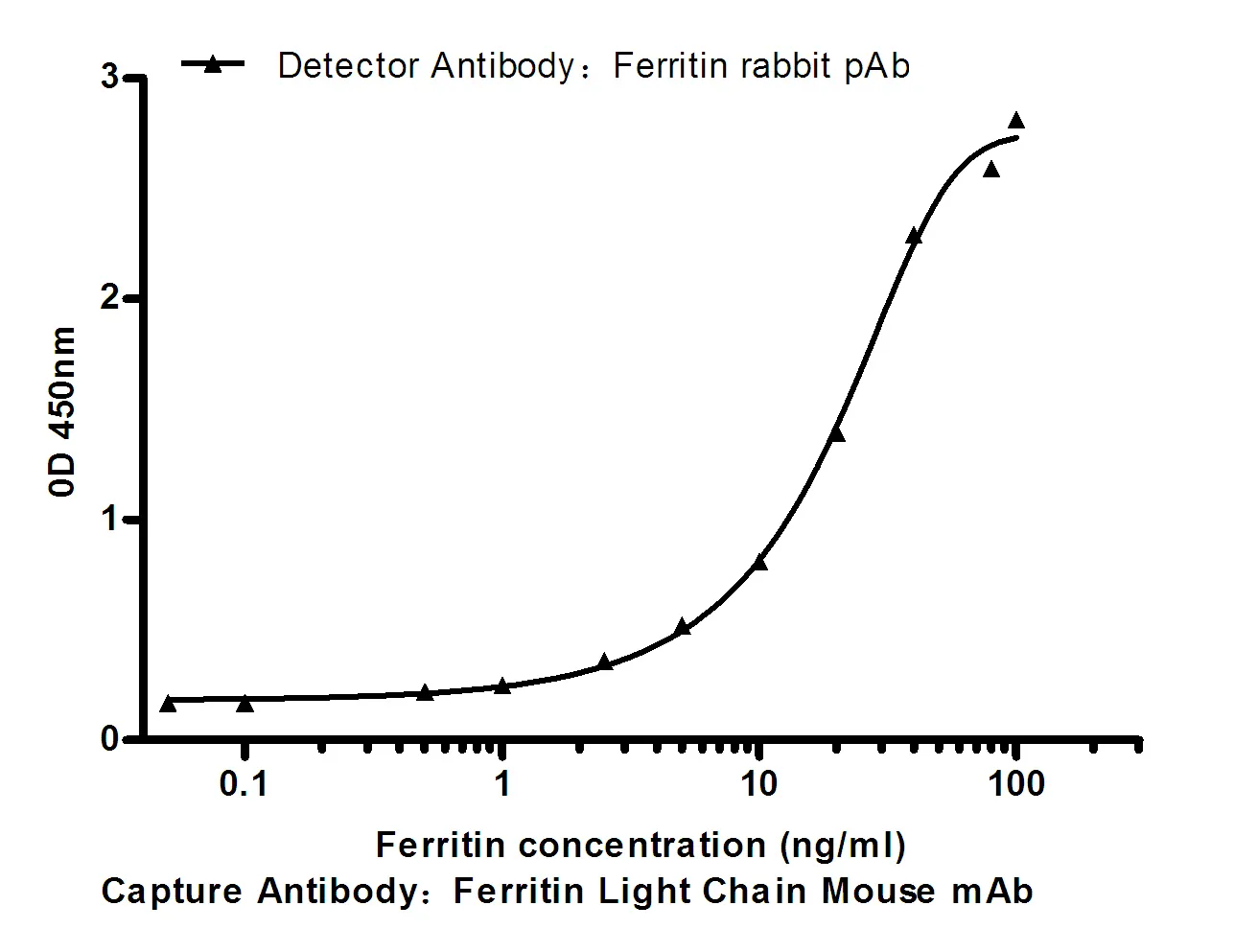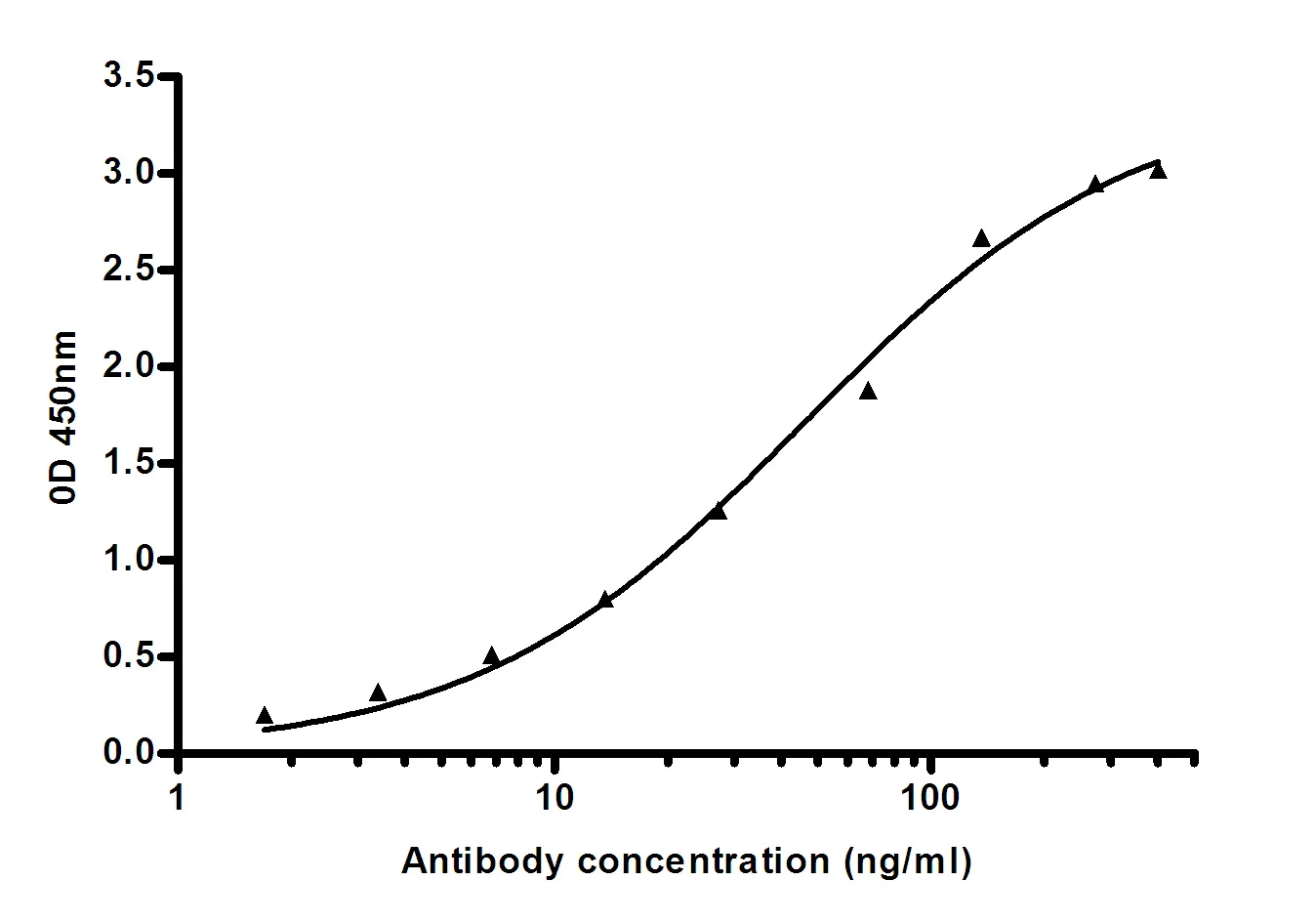Summary
Performance
Immunogen
Application
Background
This gene encodes a ubiquitously expressed nuclear protein which belongs to a highly conserved subfamily of WD-repeat proteins. The encoded protein binds directly to retinoblastoma protein, which regulates cell proliferation. It interacts preferentially with the underphosphorylated retinoblastoma protein via the E1A-binding pocket B. Three alternatively spliced transcript variants that encode different protein isoforms have been described for this gene. [provided by RefSeq, Jul 2010],function:Binds preferentially to underphosphorylated retinoblastoma protein.,PTM:Phosphorylated upon DNA damage, probably by ATM or ATR.,similarity:Contains 6 WD repeats.,subunit:Component of the SET1 complex, at least composed of the catalytic subunit (SETD1A or SETD1B), WDR5, WDR82, RBBP5, ASH2/ASH2L and CXXC1/CFP1. Component of MLL-containing complexes (named MLL, ASCOM, MLL2/MLL3 or MLL3/MLL4 complex): at least composed ASH2L, RBBP5, DPY30, WDR5, one or several histone methyltransferases (MLL, MLL2, MLL3 and/or MLL4), and the facultative components MEN1, HCFC1, HCFC2, NCOA6, KDM6A, PAXIP1/PTIP and C16orf53/PA1.,tissue specificity:Ubiquitously expressed.,
Research Area



